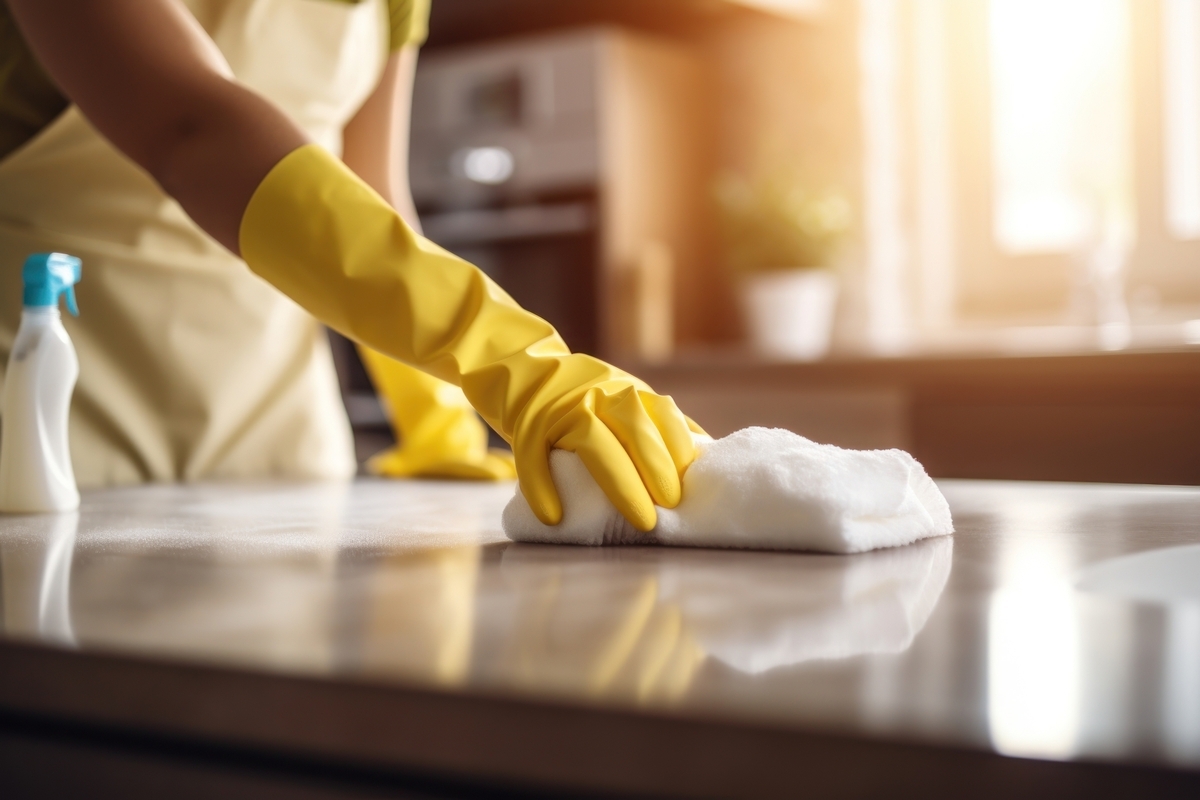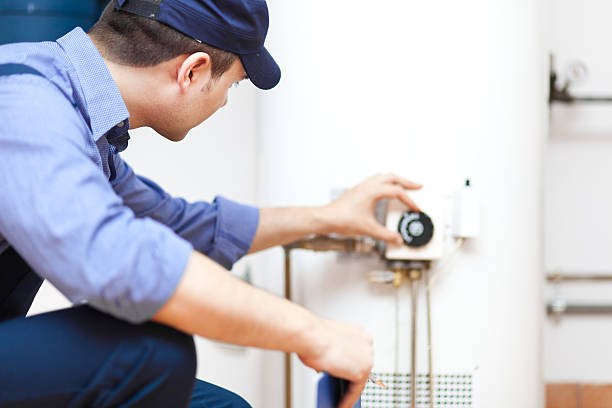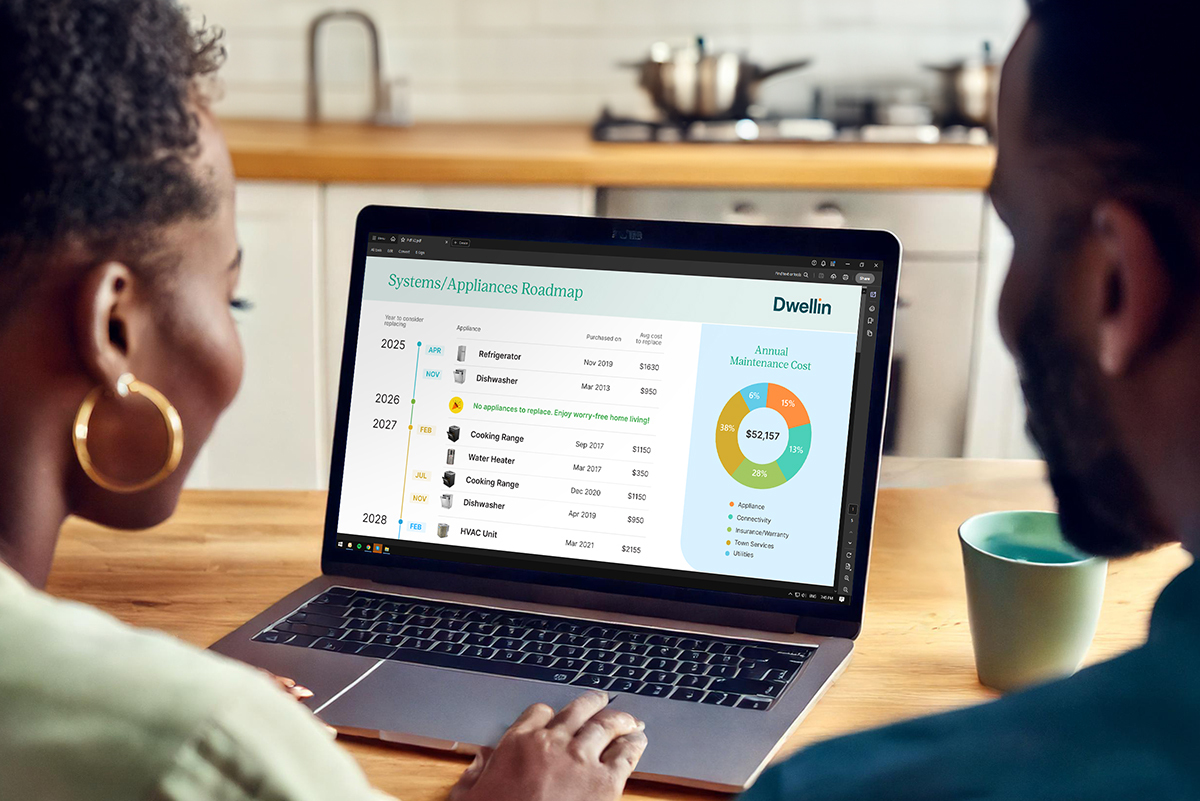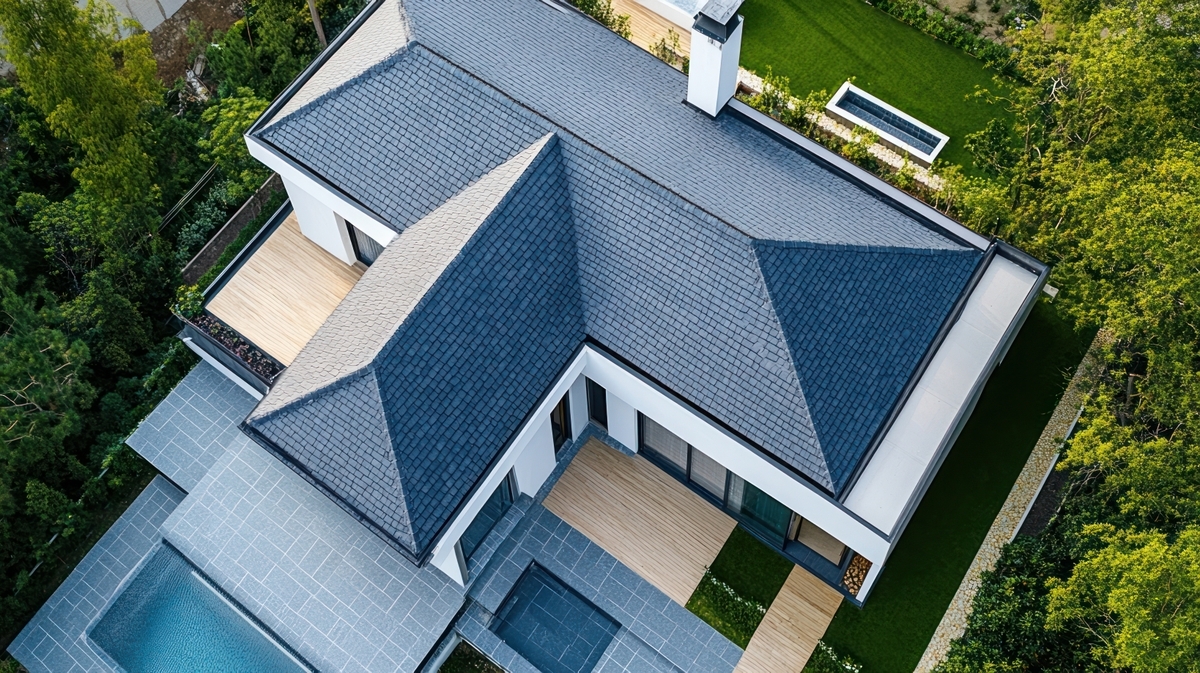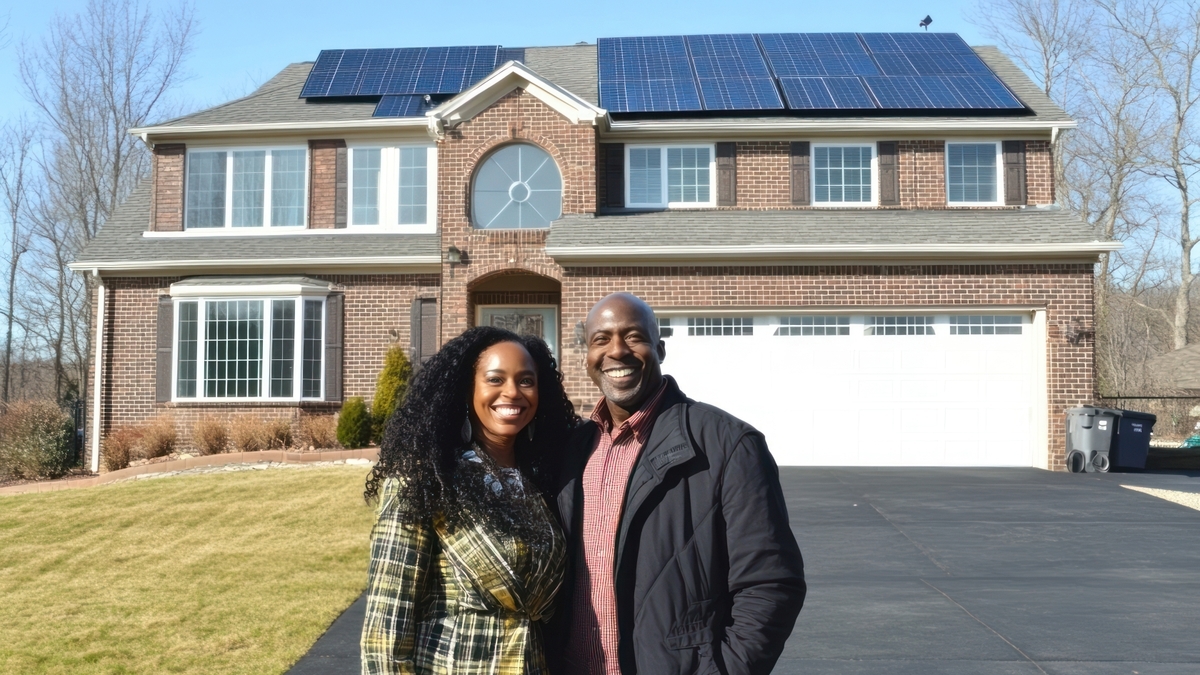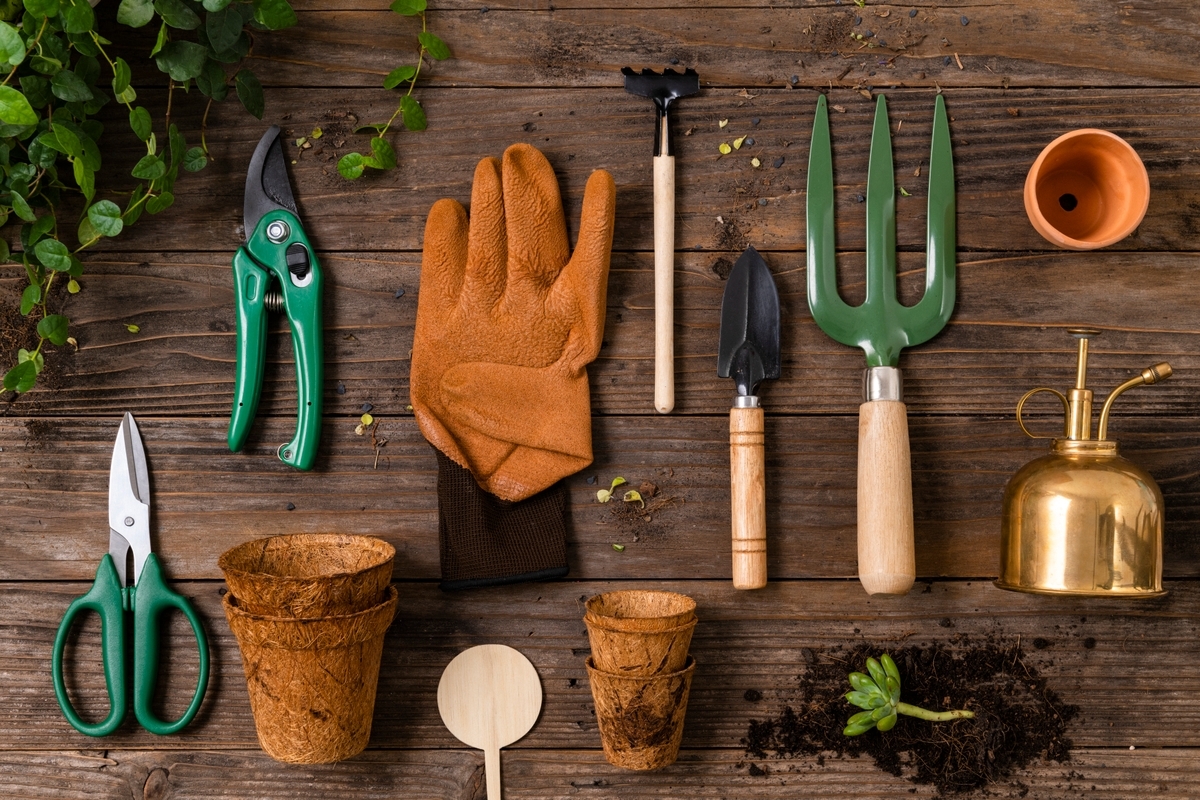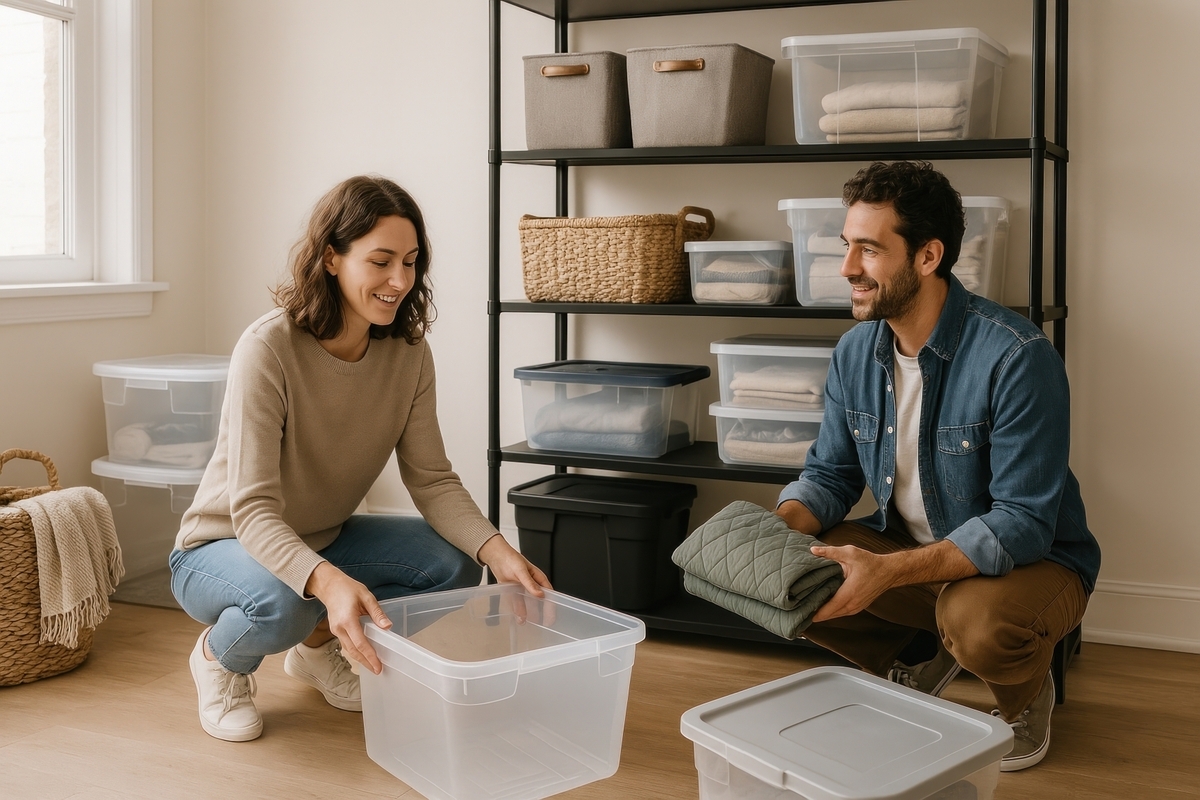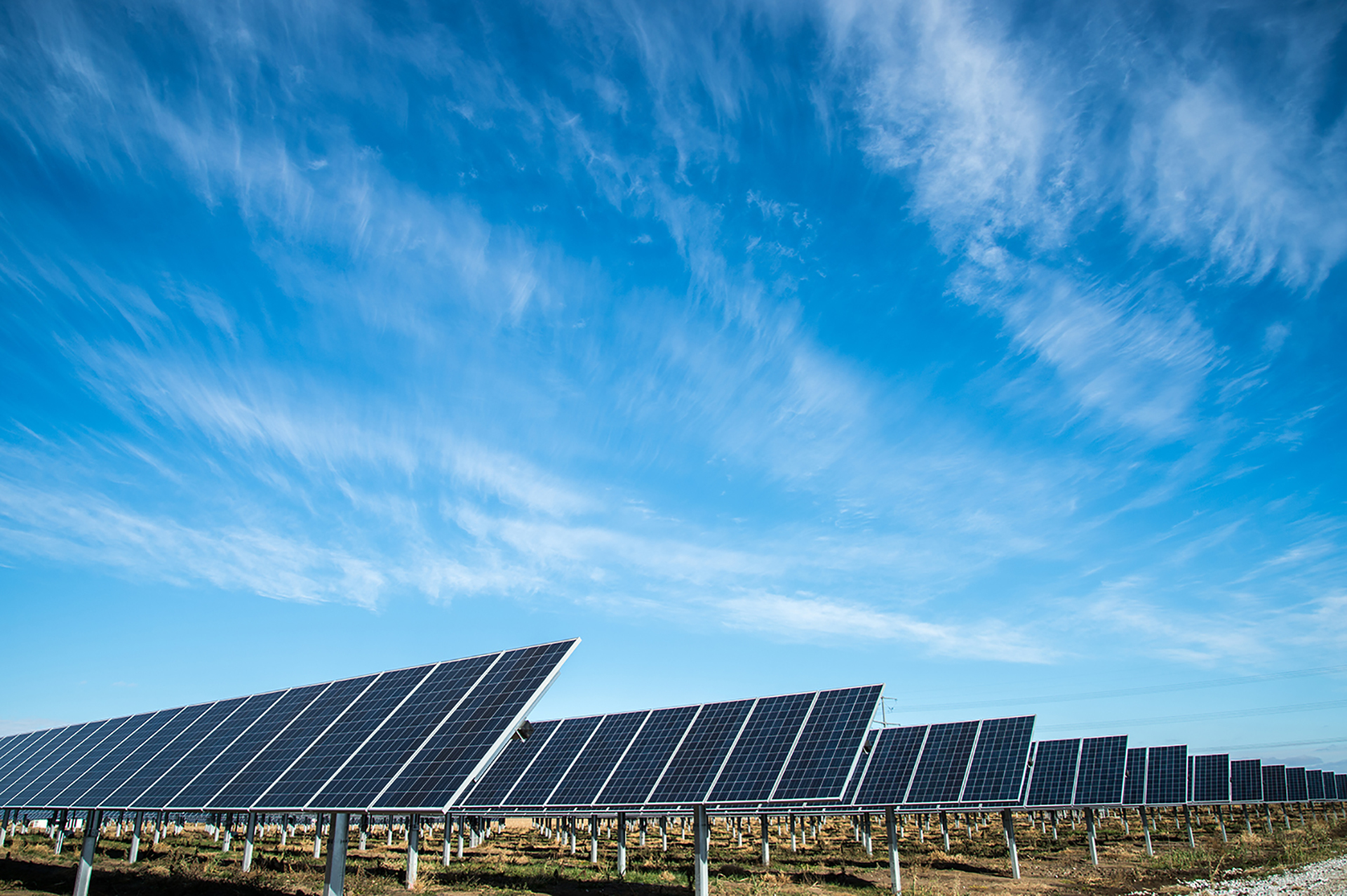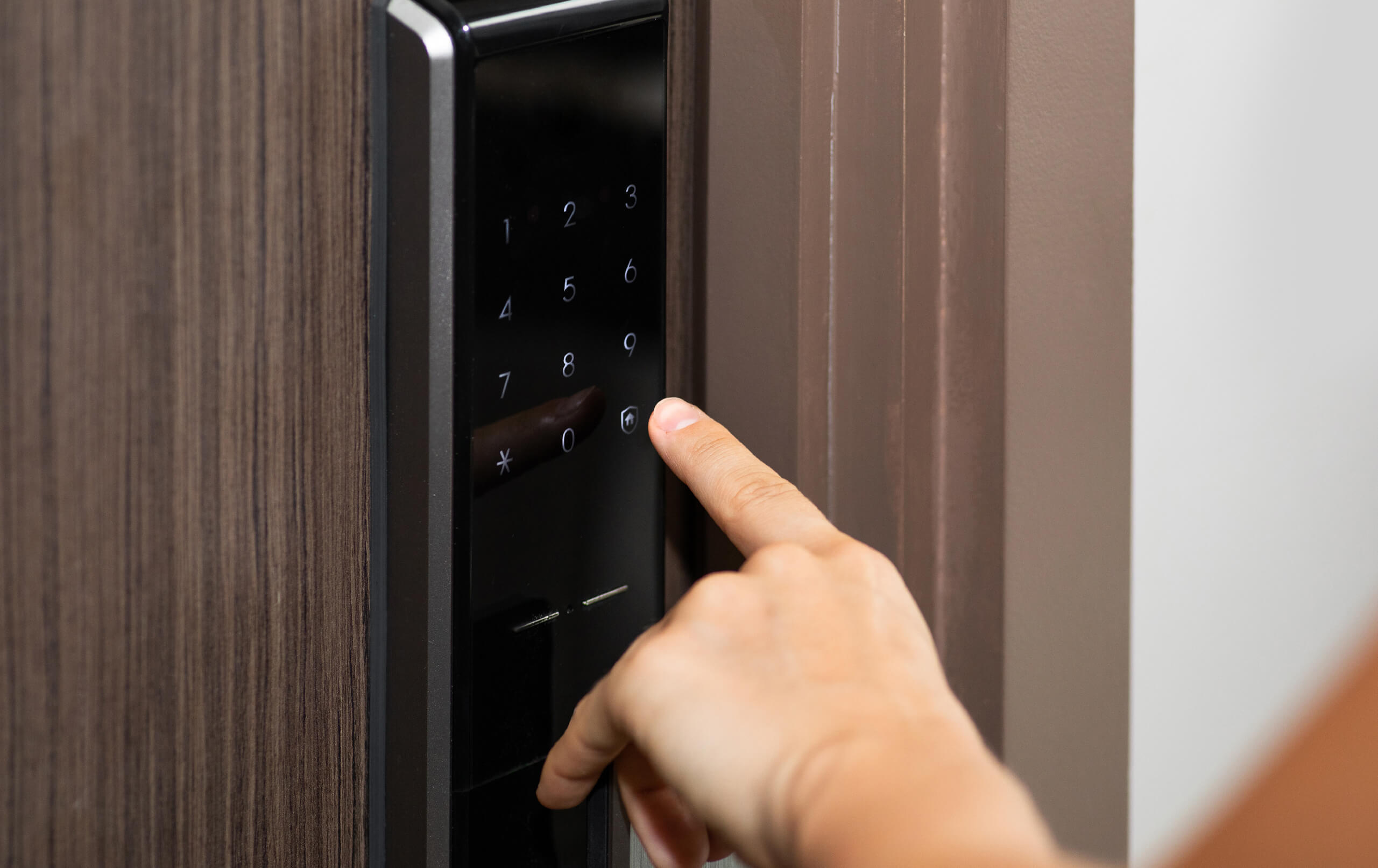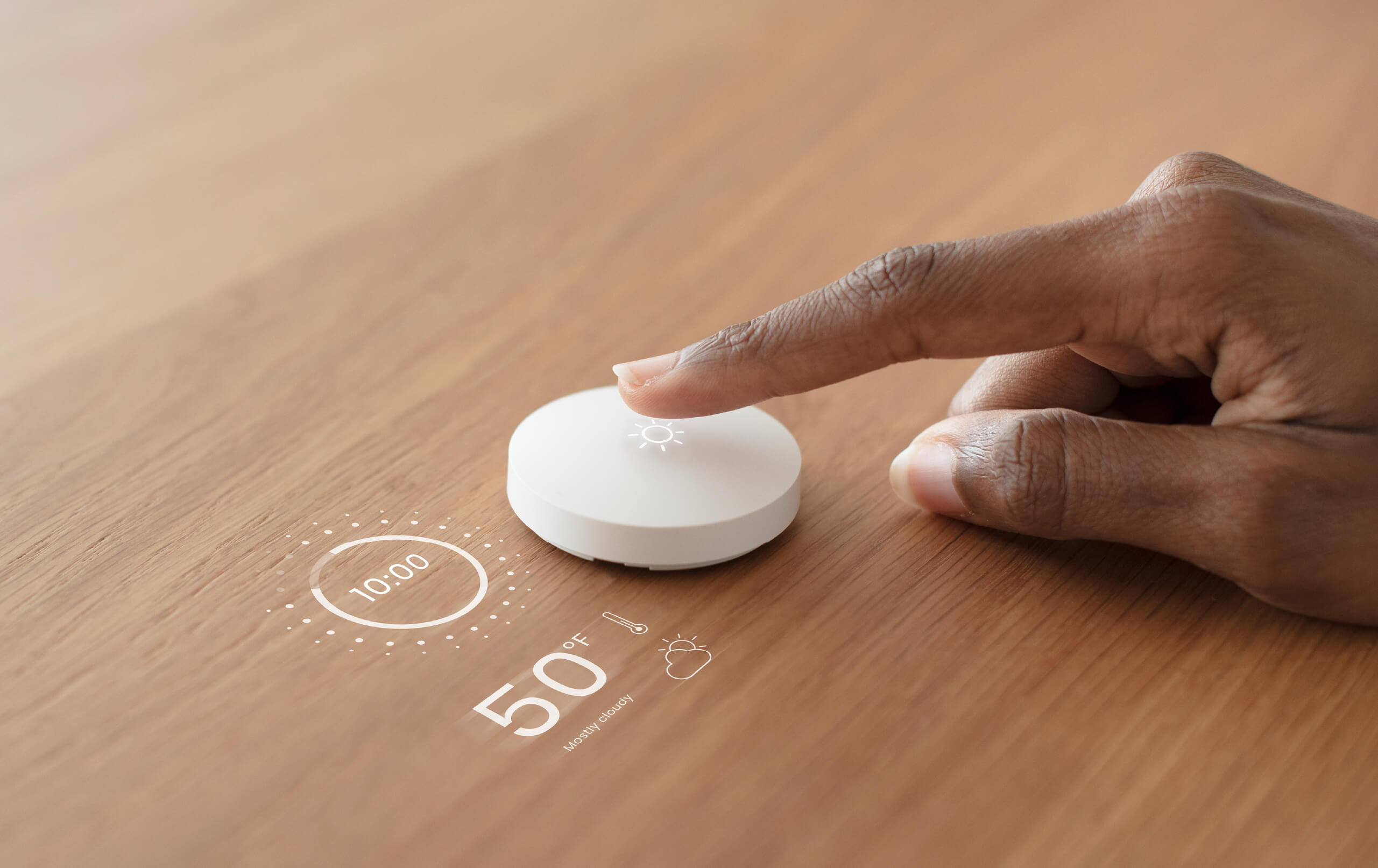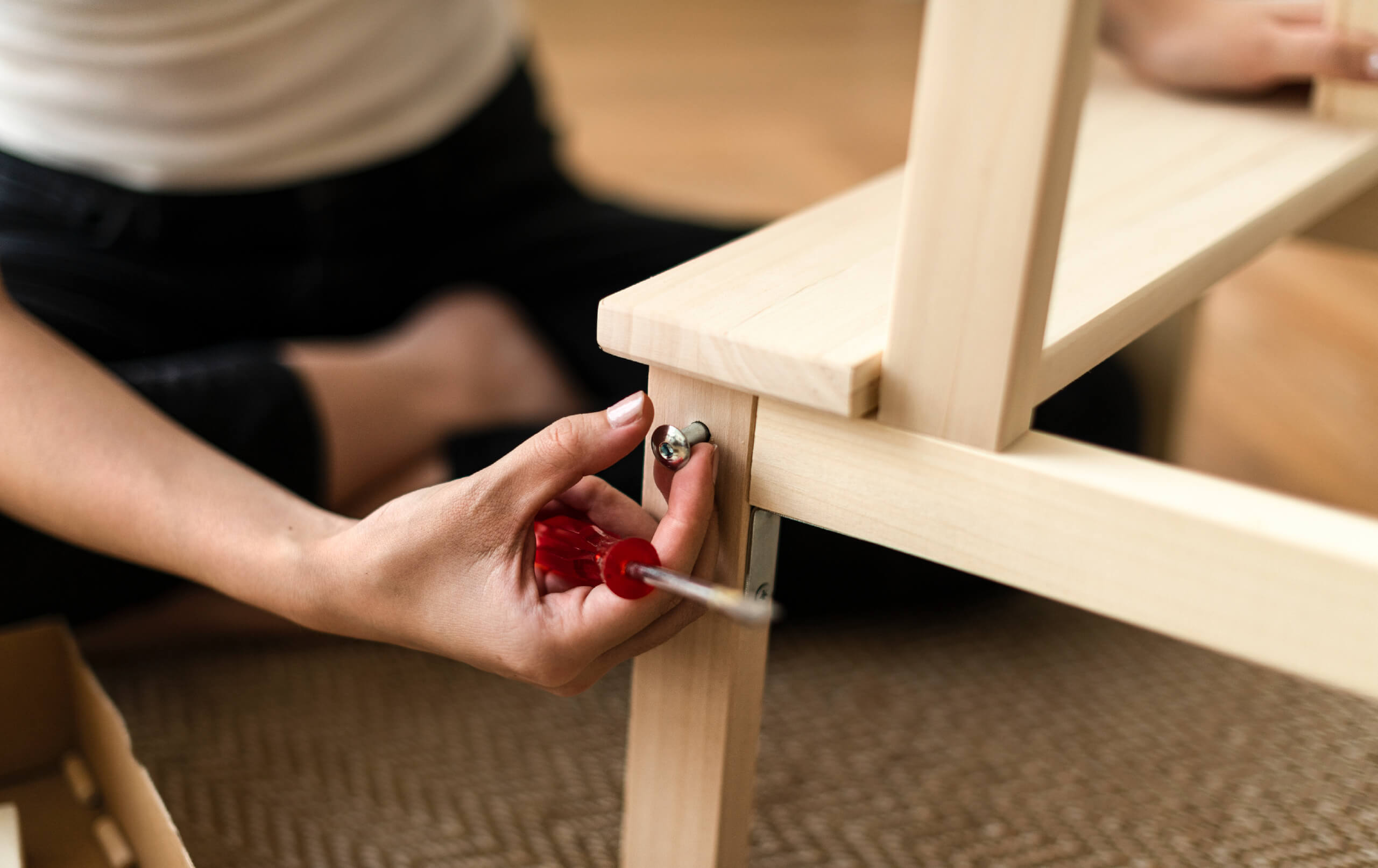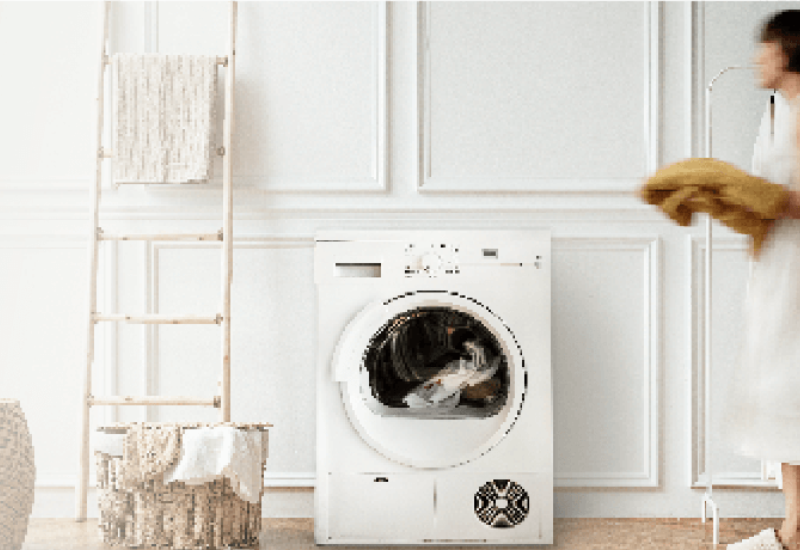8 Ways You May be Damaging Your Plumbing
6 minute read
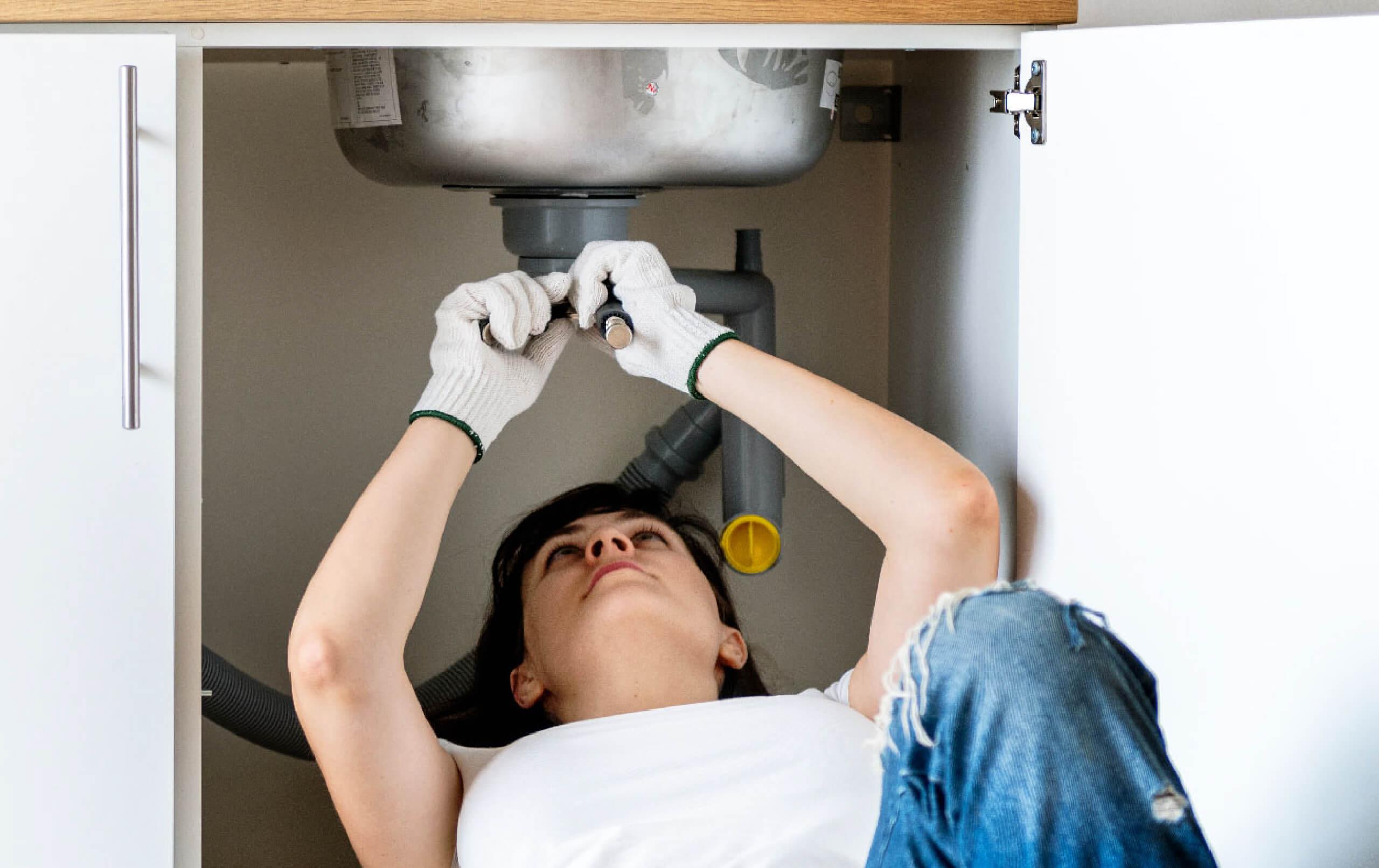
Plumbing is like oxygen for the home system; largely invisible but quintessential for comfort living and running the home functions smoothly. It is one of the most underrated systems and is rarely given any importance until, of course, it starts creating problems.
A burst water pipe, dripping faucets, clogged drainage, slow draining sink, and more of such plumbing difficulties can put the entire house at a standstill. But did you know, that most of the plumbing issues can be prevented with just a few simple steps? Although some plumbing mishaps occur over time with wear & tear, and some are due to negligence and oversight.
Here is a video from the home service expert Mr. Kerry Adkins, who rightly mentions that some of the plumbing issues can happen due to irregular care and untimely maintenance. He further gives tips to prevent common plumbing problems such as:
- High water pressure can lead to leaky faucets (get it inspected).
- Clogged toilets can be a result of discarding inappropriate things down the toilet drain (other than human waste and toilet paper).
We have created a list of the 8 most common mistakes that could lead to damaged plumbing in your home and how to avoid them.
1. Not following preventive maintenance
Don't avoid regular maintenance only to incur hefty bills after plumbing problems have reached its peak. For instance- a leaky faucet could be a sign of high water pressure, or a slow-draining sink could be a telltale sign of clogged drains. These minor plumbing difficulties might not be a matter of concern initially, but later, they can hamper the entire plumbing system.
Regular preventive plumbing maintenance from a professional will not only save you from significant problems and undue expenses but also assure your plumbing system runs smoothly. A routine inspection is beneficial to avoid unforeseen problems, unexpected damage and keep your home system up to date.
2. Treating your plumbing system as trash can
Rinsing plates without removing the leftover food and thinking that the garbage disposal will take care of it could damage the plumbing system. Disposing of large food chunks can create clogs. Even if rinsing waste in the sink seems convenient, it is not a good practice.
The same argument holds for flushing things down the toilets. Just because you can flush something down the lavatory doesn’t mean you should. Many items such as pills, cotton balls, tampons, diapers, band-aids, and more are flushed down, which either gets caught or does not dissolve quickly, leading to blockage.
Treating your plumbing systems like garbage disposal can lead to clogs, backups, leaks, and costly repairs. To avoid this, here are a few tips:
- Simply scrape off the food residue before rinsing the utensils.
- Install a sink strainer to prevent the food from entering the disposal.
- Install child lock on toilet seat covers to prevent children from flushing toys.
3. Pouring grease
According to the EPA, 47% of blockages in the USA are caused due to grease, and oil buildup. After a delicious sizzling bacon meal, pouring the leftover oil and grease down the drain is a lot easier than following the proper disposal method. Although this may look harmless, it is the worst thing you could do to your pipes.
The moment you pour liquid grease down a drain, it sticks and builds up in the pipelines. Later, with time, this grease cools off and solidifies to act as a trap for other debris, causing bigger blockages.
To avoid this, you can empty the grease in a jar and throw it in the trash after it hardens. Here are some simple tips to dissolve grease buildup and get a natural, clean drain.
4. Using harsh chemical cleaners
To unclog a blocked drain, pouring down a sachet of drain cleaner is one of the easiest solutions that come to mind. They are cheap, quick, and effective. However, these cleaners are loaded with toxic chemicals that might cause serious harm to the plumbing. Not to forget, they release toxic fumes which are harmful to us and our pets. Frequent use of these cleaners might lead to cracked pipes (due to excessive heat produced during the reaction) and sometimes melts the PVC pipes if left for longer than recommended.
Instead of chemical drain cleaners, try these solutions:
- Pipe-clearing tools.
- Use other options like a toilet auger or plunger.
- Take the help of a plumbing technician.
Here are a few more options you can try instead of using harmful drain cleaners:
5. Not taking freezing pipe precautions
Winters can be extremely harsh, with chilly weather and icy temperatures. In such climatic conditions, just as we would prefer covering up our skin, the pipelines, too, need insulation to withstand the extreme temperatures.
In fact, during the coldest months of the year, the exterior walls of pipes are at the greatest risk. Due to a drop in temperature, the water inside these pipes can freeze, expand, and possibly crack or burst the pipes.
Hence to recover or avoid such instances, consider these tips.
- Turn off the water connections for external sources (to garden/yard) during winter to avoid freezing.
- Use heating tapes for the exterior pipes.
- Use water leak alarms.
- Schedule heating checkups.
- Also, to thaw out frozen pipes, consider calling a plumbing professional since they have designated thawing tools. A technician can easily defrost the ice and raise the temperature inside without damaging the pipes.
6. Not inspecting your water heaters
Winters are unimaginable without water heaters; they are safe to use, convenient, and keep you warm. But most homeowners use the same water heater for a lifetime, without considering its expiration period and not performing regular inspections. This damages the water heater, leading to a costlier risk of leakage maintenance and higher utility bills later.
The simplest way to take care of your water heater is to perform a routine inspection. Look out for these signs while performing inspection:
- Lack of warm water.
- Discolored water.
- Bad odor.
- Knocking or clanking sounds
- Leakage and more.
PRO-TIP
Look around the heater tank periodically to check for leaks, rust or lime deposits that could indicate a bigger problem.
Here is a simple checklist to consider for your water heater maintenance.
7. Ignoring minor leaks
Minor leaks around the plumbing system are common in every home. There can be several reasons for these leaks: a cracked pipe, dripping faucet, clogged lines, excess water pressure, and more.
But ignoring them can generate significant problems. These leaks can damage the floors and ceilings and promote harmful mold growth. (Also, high-water bills and expensive repairs are undeniable).
Hence, if you ever notice water leakages:
- First, be sure not to ignore them
- Check water pressures.
- Monitor monthly water bills.
- Contact a plumbing technician.
8. Not considering the pipes in the walls
Remodeling, or making basic home improvements such as hanging new picture frames is fun and exciting. However, forgetting that there are pipes behind those walls and drilling into them by mistake could ruin the entire plumbing system of the house.
To prevent plumbing disasters, use a stud finder or get help from a professional.
Additional Tips
Plumbing maintenance might not be the top priority of many homeowners, but regular upkeep can promote a better functioning system for an extended period.
Here are a few tips for plumbing maintenance:
- Preparing for the season
Perform maintenance according to the season. For example, in winters, take care of the frozen pipes, and fix insulations. While in the summer, check on the outdoor lawn sprinklers, test the pumps, and more.
- Clean Showerheads
Over time, showerheads get clogged due to mineral deposits. A simple way to descale the showerhead debris is to soak it with vinegar for 24hrs. Here is a step-by-step article to do clean the clogged showerheads.
- Check on the shut-off valves
The shut-off valves are quite helpful when you experience a major leakage or face any other emergency. Many homeowners are not aware of these valves, and they only discover them when a plumbing emergency arises.
As a homeowner, it is a good idea to locate these shut-off valves.
